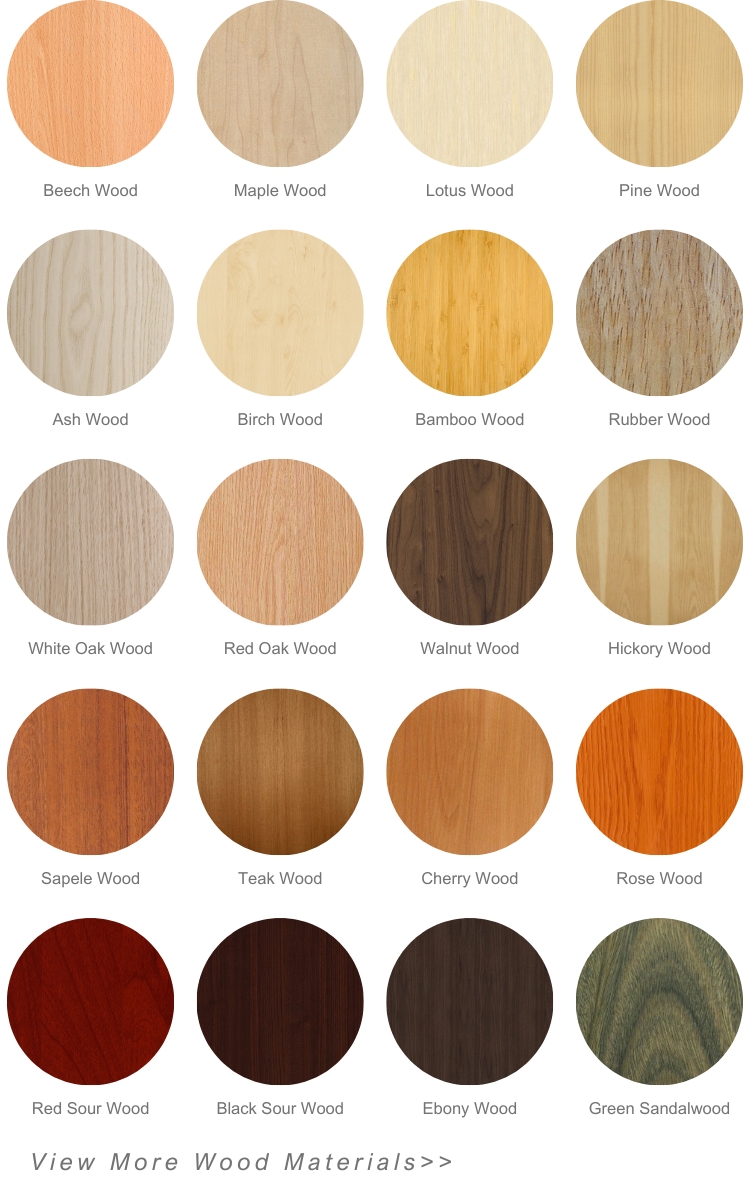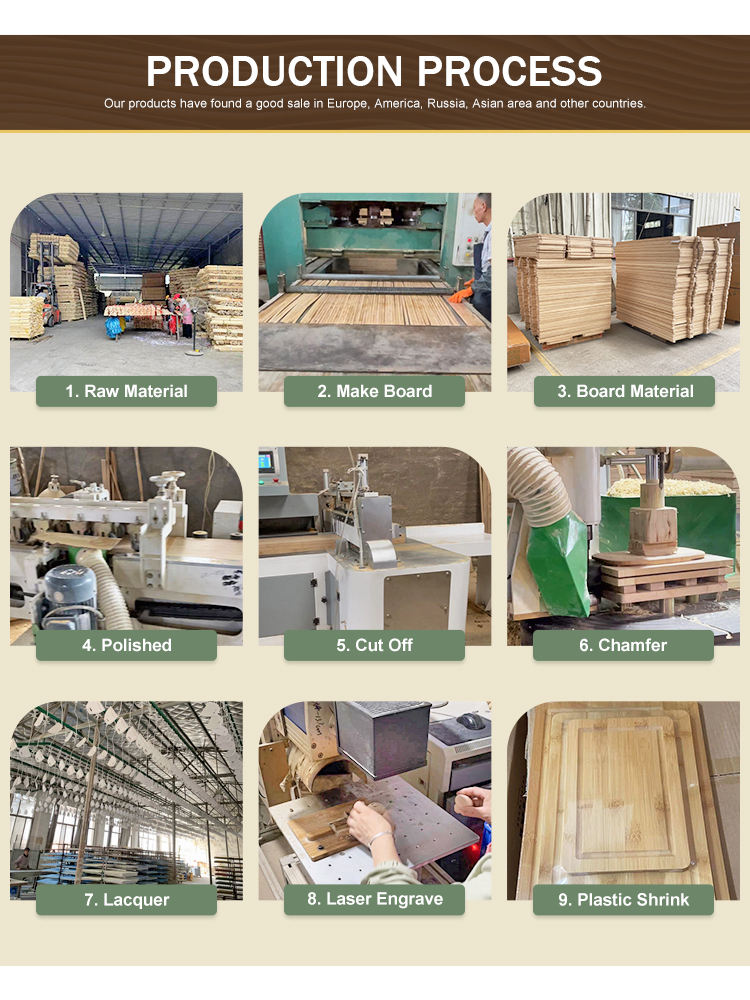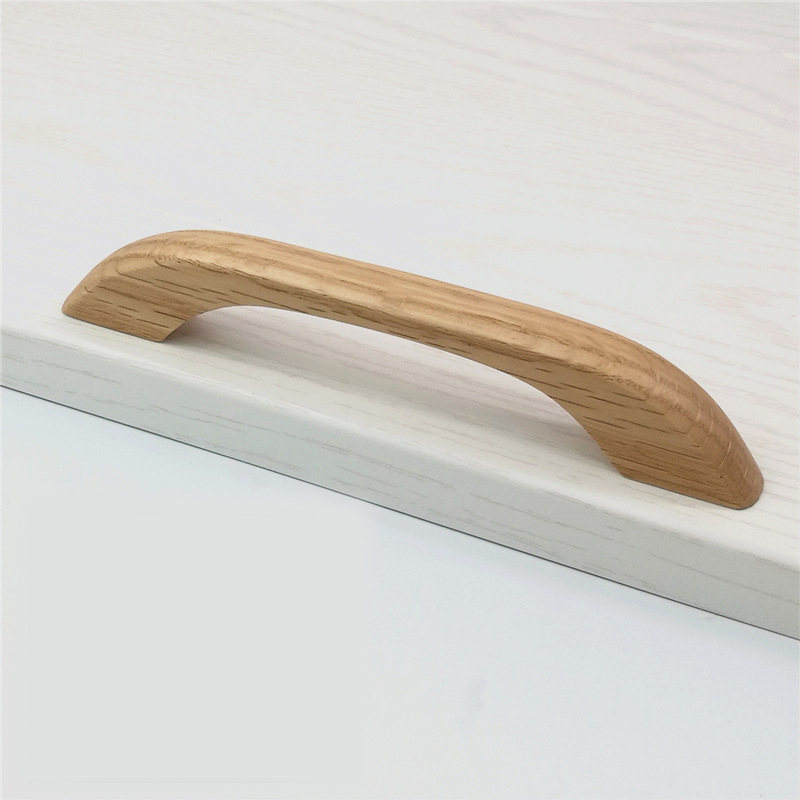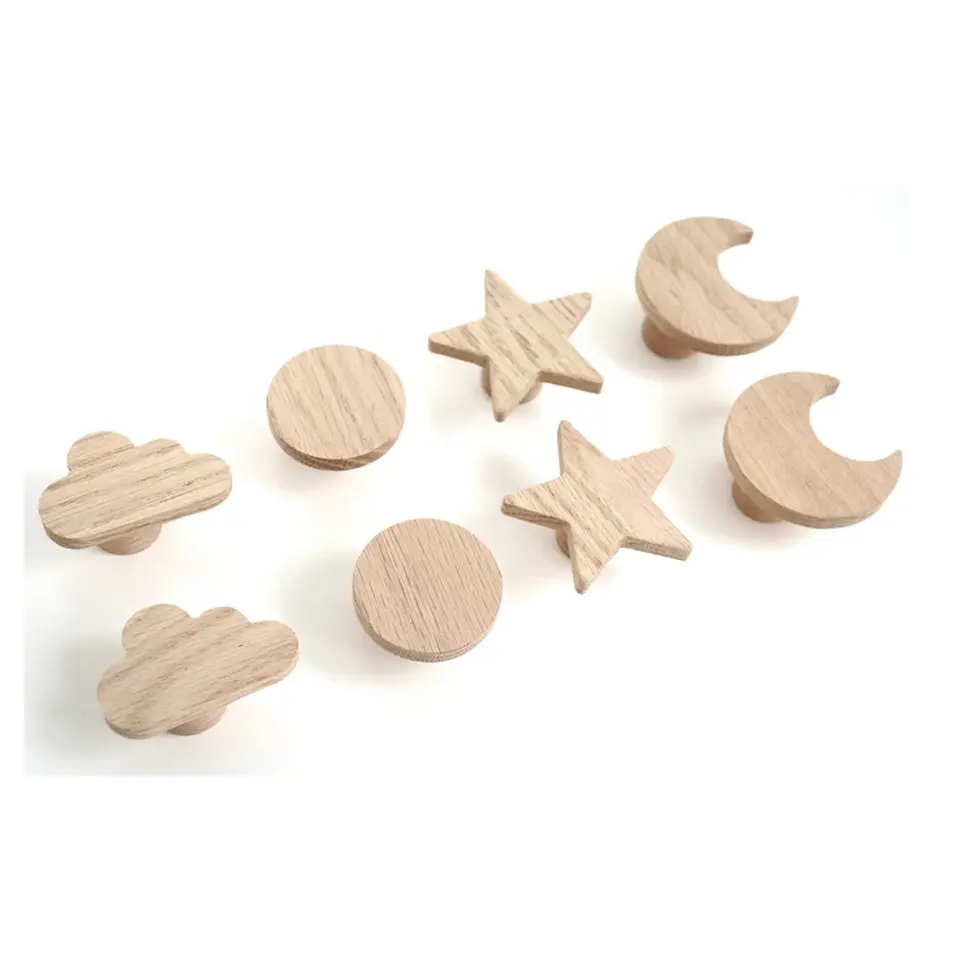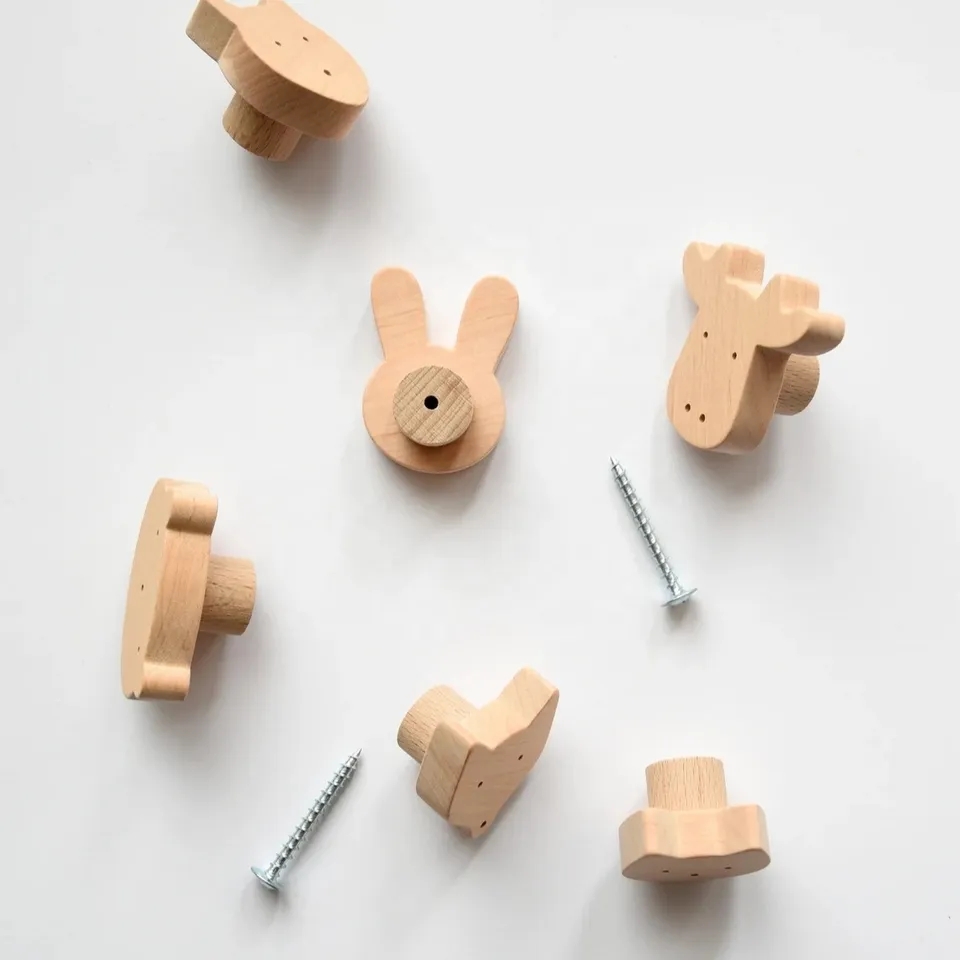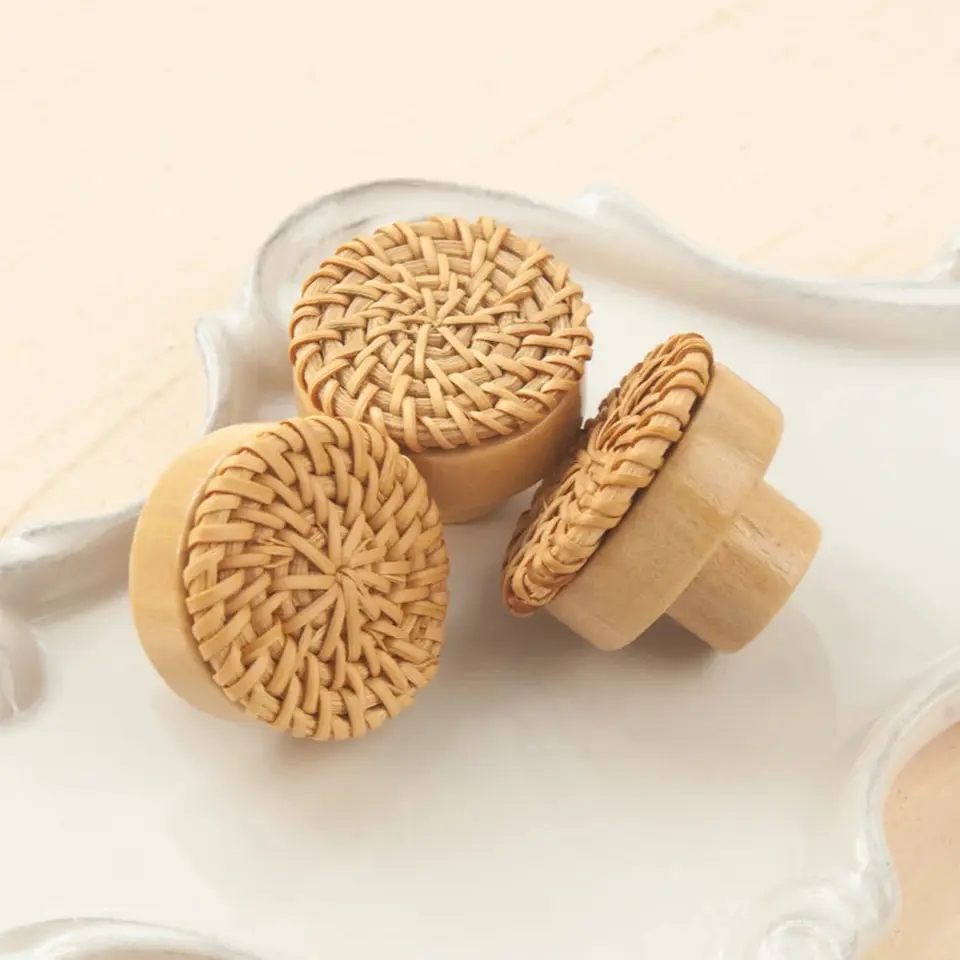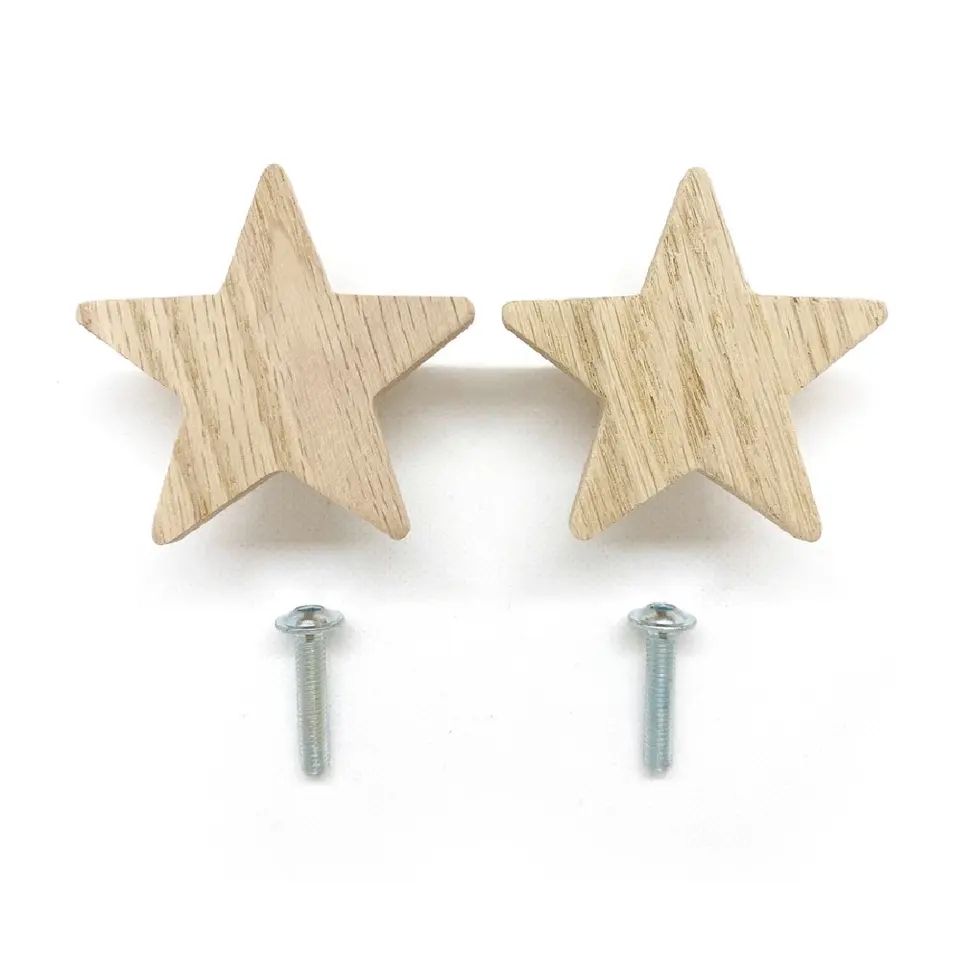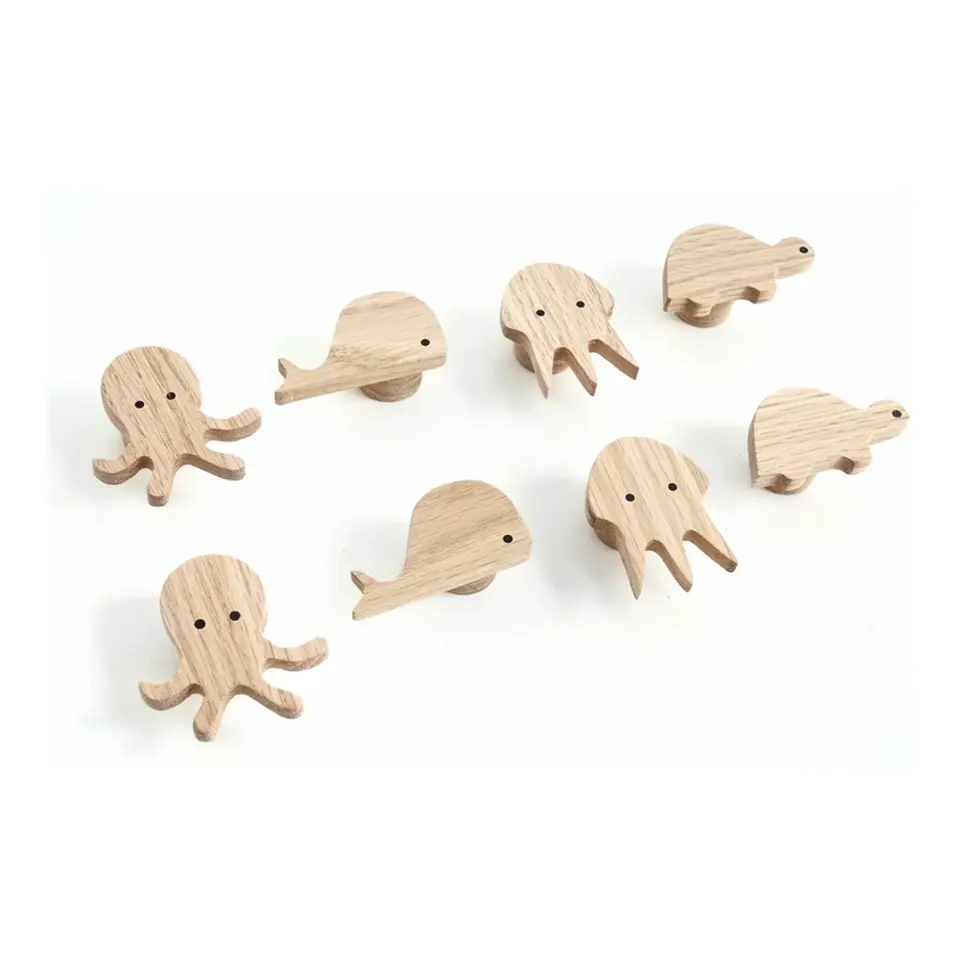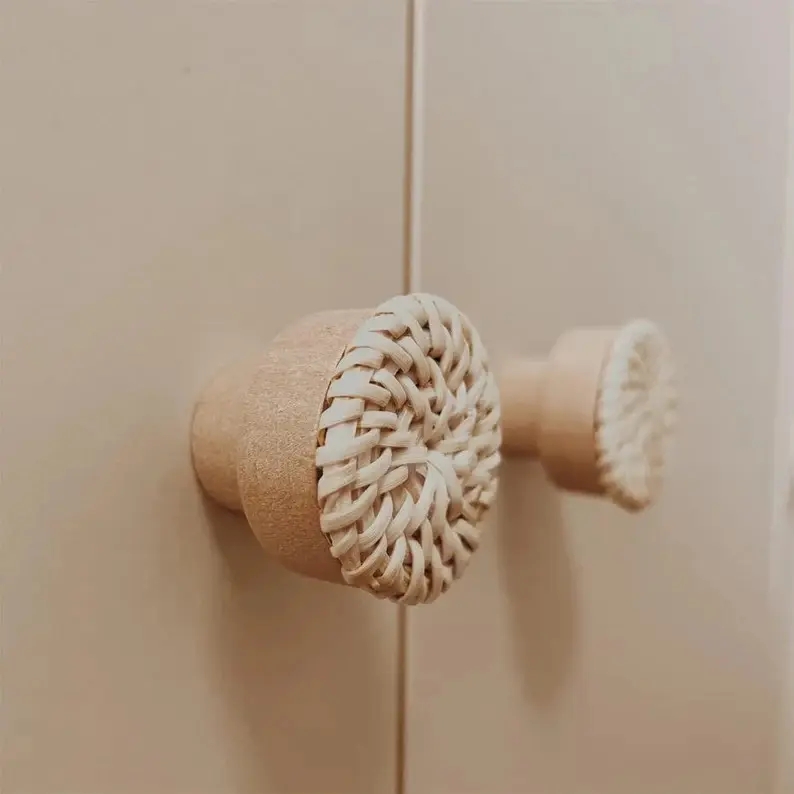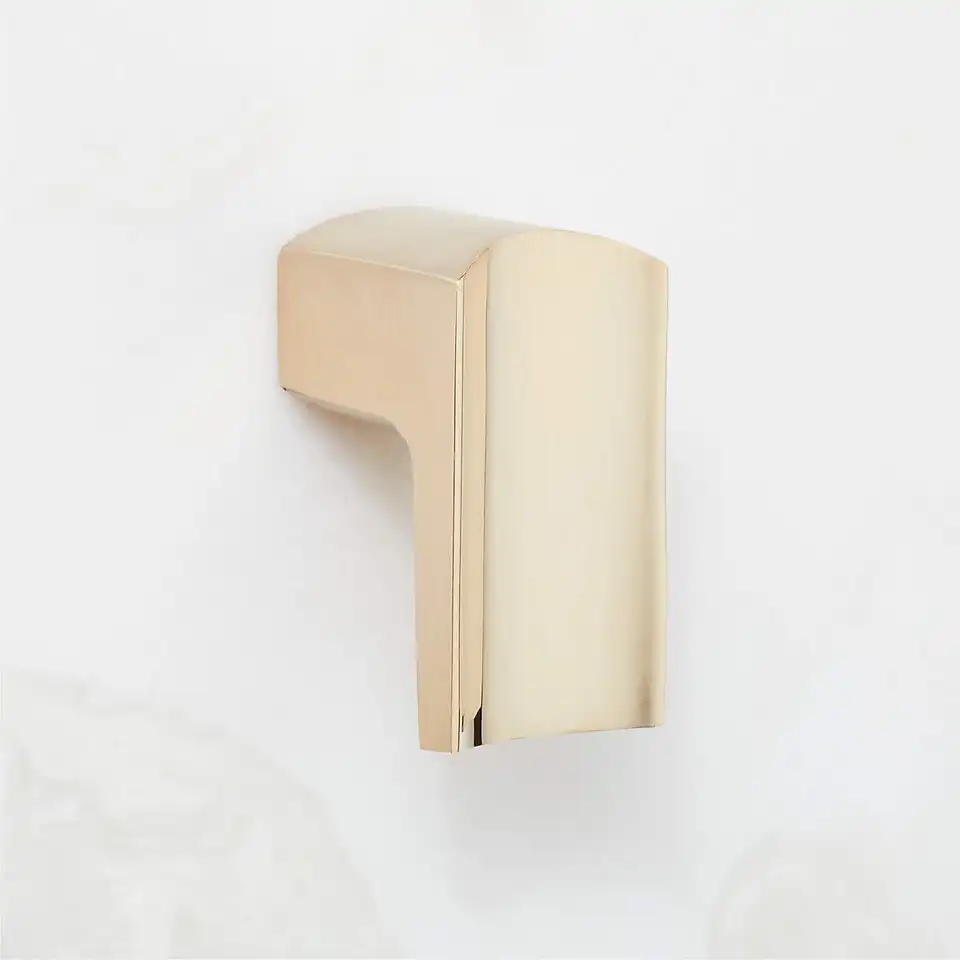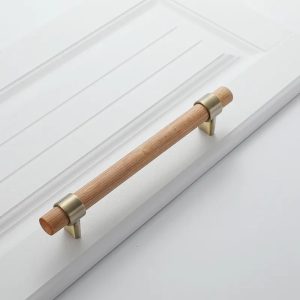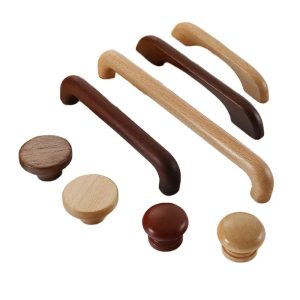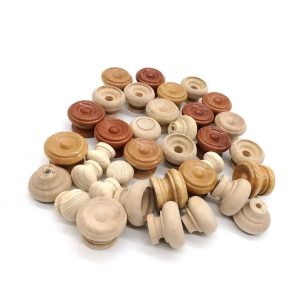“Wooden Handles: The Intersection of Elegance and Functionality”
Introduction: Wooden handles have emerged as a symbol of refined elegance and practical utility, creating a lasting impact in various domains. In this article, we delve into the unique advantages offered by wooden handles, seamlessly blending tactile comfort with an eco-friendly ethos. As we explore their timeless appeal, we uncover the craftsmanship and utilitarian excellence that define wooden handles.
A Natural Embrace of Comfort: The inherent warmth and texture of wooden handles offer a comfortable grip that effortlessly melds with the user’s hand. This tactile connection enhances user comfort and ensures a secure hold, minimizing the risk of accidents. Whether navigating precision tools or kitchen utensils, the tactile experience of a wooden handle elevates the overall user engagement.
Timeless Aesthetic Allure: The intricate grain patterns and rich tones of diverse wood species confer an enduring charm upon wooden handles. Their visual allure transcends fleeting trends, rendering them suitable for both traditional and contemporary settings. Wooden handles contribute an aesthetic appeal that captivates, resonating with those who value the fusion of form and function.
Strength and Durability: Crafted from thoughtfully selected wood, wooden handles inherently embody resilience and longevity. When treated and finished thoughtfully, they withstand the rigors of daily use, enduring rigorous tasks and exposure to moisture. This durability translates to reduced maintenance and replacement costs, making wooden handles a sustainable and cost-effective choice over time.
Eco-Friendly Responsibility: In an age of heightened environmental consciousness, wooden handles shine as an eco-conscious alternative. Often sourced from responsibly managed forests, they carry a smaller carbon footprint compared to synthetic alternatives. Moreover, their biodegradability minimizes their impact on landfills, aligning seamlessly with sustainable practices.
Artistry and Personalization: Wooden handles offer an avenue for creative expression and personalization. Craftsmen can expertly shape and carve them into diverse designs, catering to ergonomic needs and individual preferences. This adaptability empowers the creation of tools and objects that not only function optimally but also embody the distinctive style of their users.
Utility Beyond Appearance: Beyond their visual and tactile attributes, wooden handles offer tangible benefits. Their low heat and electricity conductivity make them a safe choice for tools requiring insulation. Furthermore, they possess vibration-absorbing properties, enhancing comfort during extended use. These functional traits contribute to heightened user safety and overall satisfaction.
Conclusion: Wooden handles epitomize the seamless fusion of aesthetics and utility, earning their esteemed place across a spectrum of industries. With their inherent comfort, timeless allure, durability, and eco-friendly credentials, these handles encapsulate the essence of finely crafted tools and objects. As consumer preferences continue to gravitate towards sustainable and visually appealing choices, the enduring allure of wooden handles perseveres, embodying the graceful balance of aesthetics and utility.

